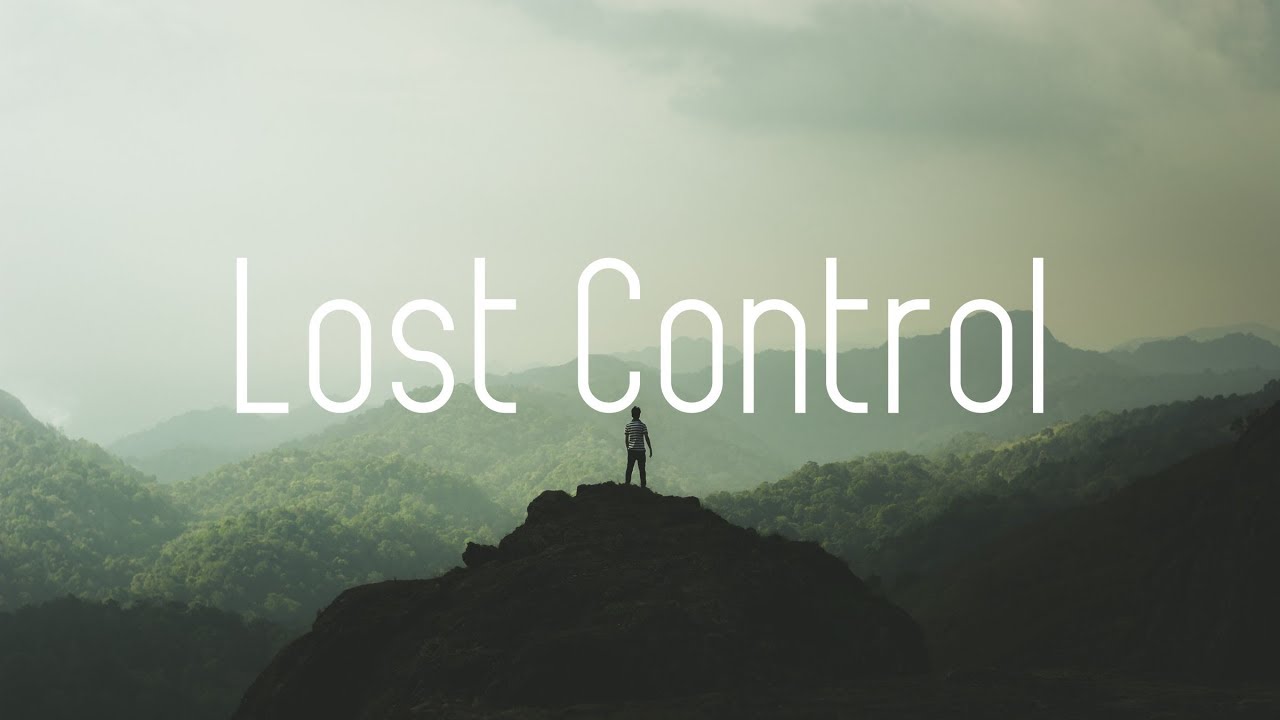
When a central banker says the old system needs a regeneration, then something obviously has gone wrong. Swiss Re’s Chief Economist Jerome Haegeli stated that “we are in a crisis” in “slow motion” thanks to food, energy, and supply-chain shocks, in an interview last week. “You need crisis times for the shift in the macro regime” that’s underway.
He was basically calling for a rethinking of economics and finance. This relates to everything from Klaus Schwab’s (founder of the World Economic Forum) call for The Great Reset, and many other economic pundits (Picketty) calling for change, and change will come. The question is what change will come? Will it be an evolution of the existing world order (centralised) or a new world order (decentralised)?
I think it will be both. Simon Taylor’s weekly rant articulated this well the other day and, if I summarise his points in bullet form:
- Capital markets run the world
- But capital markets are becoming slow and expensive
- Capital markets are also opaque
- DeFi is lower cost and creates space for innovation
- DeFi is transparent
- But DeFi is also super risky
- DeFi's real home will be with institutions
- I hope we don't recreate the existing maze to make DeFi "safe."
- What comes next?
It’s a good rant, but one line jumps out: “creating those complex financial products will likely always be a specialism”. I will go further: you cannot have investment markets without investment oversight. When you think of all the Ponzi schemes sold, the scams and phishers out there, the cybercriminal community, ransomware, romance fraud and more, you need someone to regulate and manage the system.
This is why there is a system.
Therefore, when I hark back to yesterday’s blog about DeFi, it’s great. But it needs CeFi to work.
You cannot have total decentralisation or total libertarianism, you need both. The extremes of this debate are clear to me, and they hit to the heart of finance, as finance controls what we do and how we behave.
This is why the debate is so core to what we do as we are creating a new world order, but what is it? What does it look like? How does it work?
Personal view. I think we will have a world where many people will transact peer-to-peer using DeFi but, when it comes to the more difficult stuff – investing, wealth management, mortgages – people will look for CeFi. The latter needs central controls because the size of risk and potential losses is too great; the former can be decentralised as it is day-to-day and, more often than not, small amounts.
And these are the keys: the greater the risk of loss, the more control is required.
The question is: can we automate the control?
The DeFi community believes we can; the CeFi community believes we cannot. Case in point, which I will return to, are things like money laundering, terrorist financing and paedophilia. The whole dark space and dark web issue. You cannot have anarchy. There has to be some control. The question then is: what control? Government or the people? That is where we are today. Tomorrow? Hmmmm ...
Chris M Skinner
Chris Skinner is best known as an independent commentator on the financial markets through his blog, TheFinanser.com, as author of the bestselling book Digital Bank, and Chair of the European networking forum the Financial Services Club. He has been voted one of the most influential people in banking by The Financial Brand (as well as one of the best blogs), a FinTech Titan (Next Bank), one of the Fintech Leaders you need to follow (City AM, Deluxe and Jax Finance), as well as one of the Top 40 most influential people in financial technology by the Wall Street Journal's Financial News. To learn more click here...

